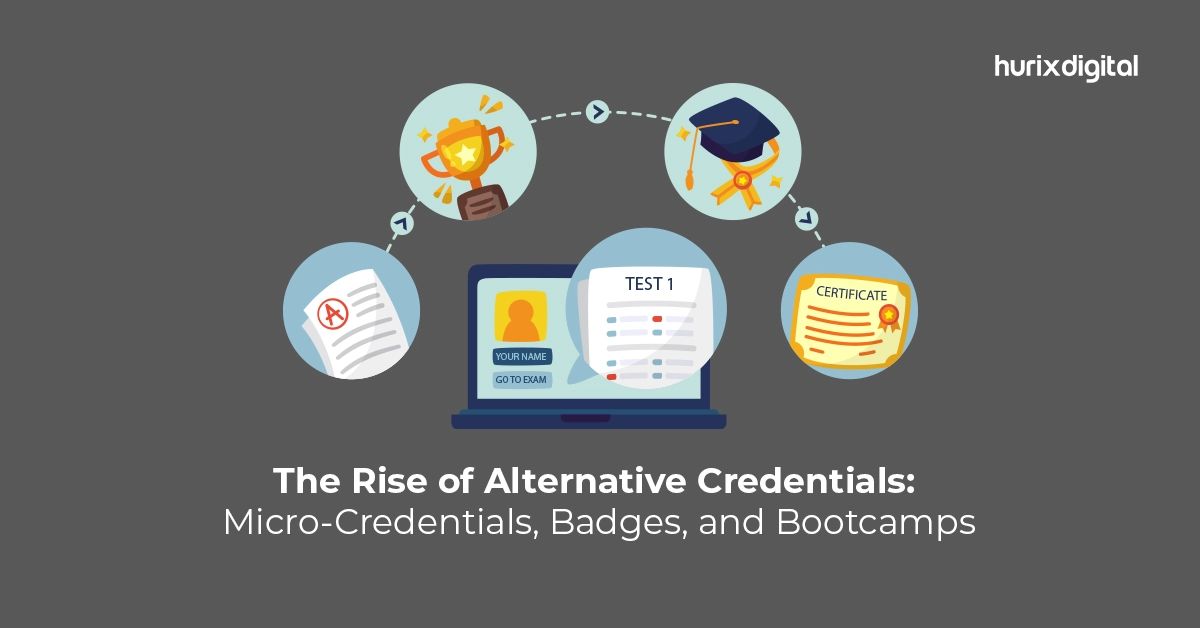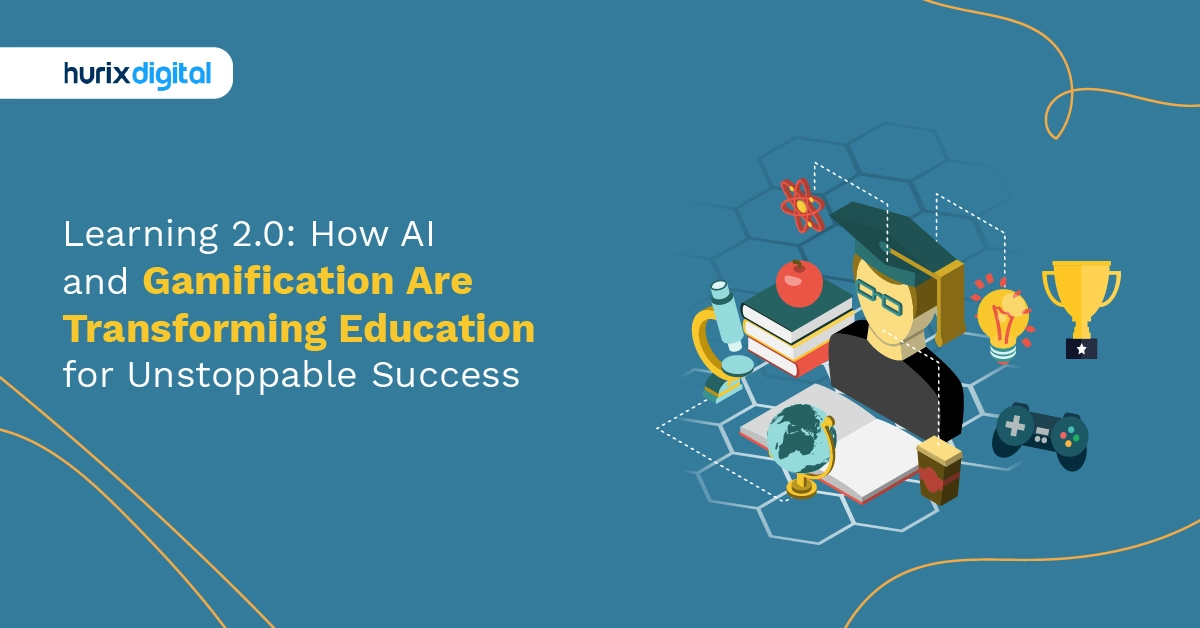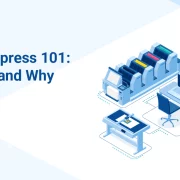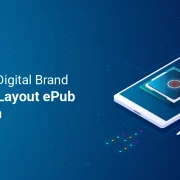
The Rise of Alternative Credentials: Micro-Credentials, Badges, and Bootcamps
Summary
Discover the growing popularity of alternative credentials such as micro-credentials, badges, and bootcamps. This blog discusses how these options are reshaping the education and skills landscape.
The educational landscape has been rapidly evolving in recent times. The pandemic itself has been key in highlighting several inequalities in different academic disciplines. As the purpose of education becomes increasingly skill-oriented as opposed to earning a degree, graduates are finding it more and more difficult to prove their merit in the job market.
To keep up, alternative credentials are now becoming mainstream, and EdTech solutions are the way to achieve those goals.
Alternative credentials refer to micro-credentials, such as a professional or technical certification, proof of apprenticeship, or one of the many similar professional development badges. Unlike full-time degrees, these are meant to be supplementary.
They take less time to achieve and cost a fraction of a university course. However, they are irrefutable proof that a person has specialized training and is highly regarded in employment circuits.
EdTech solutions gained prominence during the pandemic. Learners across the globe have now started leveraging the power of personalization and flexibility to gain their online learning credentials.
Today, let us discuss the long-term benefits of earning micro-credentials, what they are, what they offer, and, most importantly, how you can choose and acquire digital credentials to give your career a much-needed boost.
Table of Contents:
- Why Should I Invest in Skill-Based Certification?
- Types of Alternative Credentials
- EdTech Solutions: The Right Choice
Why Should I Invest in Skill-Based Certification?
Before investing further in understanding the different types of credentials, let us first take a deep dive into why you should invest your time and resources into earning these online learning credentials:
- Relevance: Skill-based certifications can help you remain relevant by updating your skills to the current job market requirements.
- Specialization: Specialization in many fields attracts employees who look at you as the answer to their problems.
- Competitive Edge: It gives you an upper hand over any other candidate with traditional degrees.
- Career Advancement: Often, digital certificates prove your commitment to the job and can lead to promotions.
- Networking Opportunities: Many certification programs offer networking opportunities with professionals in the field.
- Increased Opportunities: Working within your current organization or other organizations in the same vertical gives you access to more opportunities.
- Return on Investment: Certifications usually cost less than a traditional degree program and yet often provide better short and long-term benefits.
- Future-Proofing Your Career: With the rapid pace of technological change, certifications can help future-proof your career by ensuring your skills remain relevant.
Also Read: Top 10 AI-Based Assessment Tools for Higher Education in 2024
Types of Alternative Credentials
Now that we have established the benefits of earning alternative credentials let us take a look at the options available to us.
1. Micro-Credentials
Micro-credentials are short courses that offer a person the chance to learn a new skill. They are designed to be fast and accessible. The goal is to advance your career in a short amount of time.
2. Badges
Some courses offer a digital representation to certify their completion. Such courses, usually called badges, offer an image along with metadata unique to to you. They verify the authenticity of your earned skills and are often used as a way to gain the confidence of prospective employers.
3. Bootcamps
Bootcamps are an immersive and intensive short-term program. They are designed with very short-term gains in mind and are primarily driven by market forces. They are one of the most affordable ways to acquire a deep understanding of a new skill. Usually backed by a university or equivalent certification, they can really help you deck up your portfolio.
4. Professional Certificates
These are certification programs run by professional societies and universities. They are designed with industry standards in mind and are spread out across weeks or even months. The idea is to acquire a skill sustainably.
5. Nanodegrees
Nanodgrees aims to break down the idea of acquiring a degree into short, skill-based programs. Usually consisting of video courses for flexibility, they closely follow traditional curriculums but modify them to meet the needs of working professionals. They are project- and skill-based credential programs meant to boost your professional career.
6. Competency-Based Credentials
These are credentials awarded after confirming your proficiency and in-depth knowledge of a specialized skill. They are a continuation of your formal technical training and are offered as per the current needs of the industry. As they are offered by professional societies and universities, they are held in high regard by employers.
7. Open Badges
Badges are verifiable digital awards you can earn by completing specialized skill training. Employers can verify them using their secure metadata. They can be earned through any certified open-badge platform. The best part is that you can use them as email signatures, on personal web pages, and even on social media sites like LinkedIn and Twitter to prove your proficiency and engage prospective employers.
8. Massive Open Online Course (MOOC) Certificates
These are the equivalent of traditional correspondence degrees but on a digital platform. They are often provided by industry giants and the certification holds much weight within the field. Like badges, MOOCs also come with digital signatures and encryption, making them verifiable and trustworthy.
EdTech Solutions: The Right Choice
With the rise in technological solutions over the recent years, reskilling and earning career advancement credentials through EdTech has seen a rise too. For professionals, digital learning is a much-preferred choice as it offers benefits unlike traditional practices, such as:
- Flexibility: EdTech provides flexibility of schedule and pace, allowing professionals to learn in their own time, as per their convenience.
- Accessibility: Digital learning platforms are available anywhere at any time, taking away the time commitment of commuting or the restrictions of being present in a single city or state.
- Cost-Effective: Not only are EdTech programs priced at a friendlier tier when compared to their traditional counterparts. However, they also allow learners to save money on commuting.
- Up-to-Date Content: Digital platforms have the luxury of being able to constantly update their coursework, keeping them industry-relevant all the time.
- Interactive Learning: EdTech often incorporates interactive elements like quizzes, simulations, and games, making learning more engaging.
- Immediate Feedback: Instant feedback can allow learners to improve in real time, and digital platforms make it possible.
- Credential Recognition: Many employers recognize credentials earned through EdTech platforms, especially as these platforms collaborate with industry partners.
- Personalized Learning: Leveraging the power of AI, many EdTech leaders have created personalized content and learning pathways tailor-made for each learner. One such platform is Hurix Digital.
Also Read: The Impact of Web Accessibility on Higher Education Experiences
With Hurix Digital, you can regularly update your skills. They provide state-of-the-art digital learning infrastructure, tailor-made for your needs. Whether you want to leverage the power of EdTech Solutions to earn your alternative credentials or organize Bootcamps for your team, Hurix Digital is your answer. Call Hurix Digital today!

Senior Vice President
A Business Development professional with >20 years of experience with strong capability to sell new solutions and develop new markets from scratch. New Market Entry Specialist with experience of working in two of the largest emerging markets – China & India. Also covered other key markets in APAC, US, EU & ME. Exceptional experience of conceptualizing, ideating and selling new learning technologies like VR AR, etc. across multiple industry verticals.








